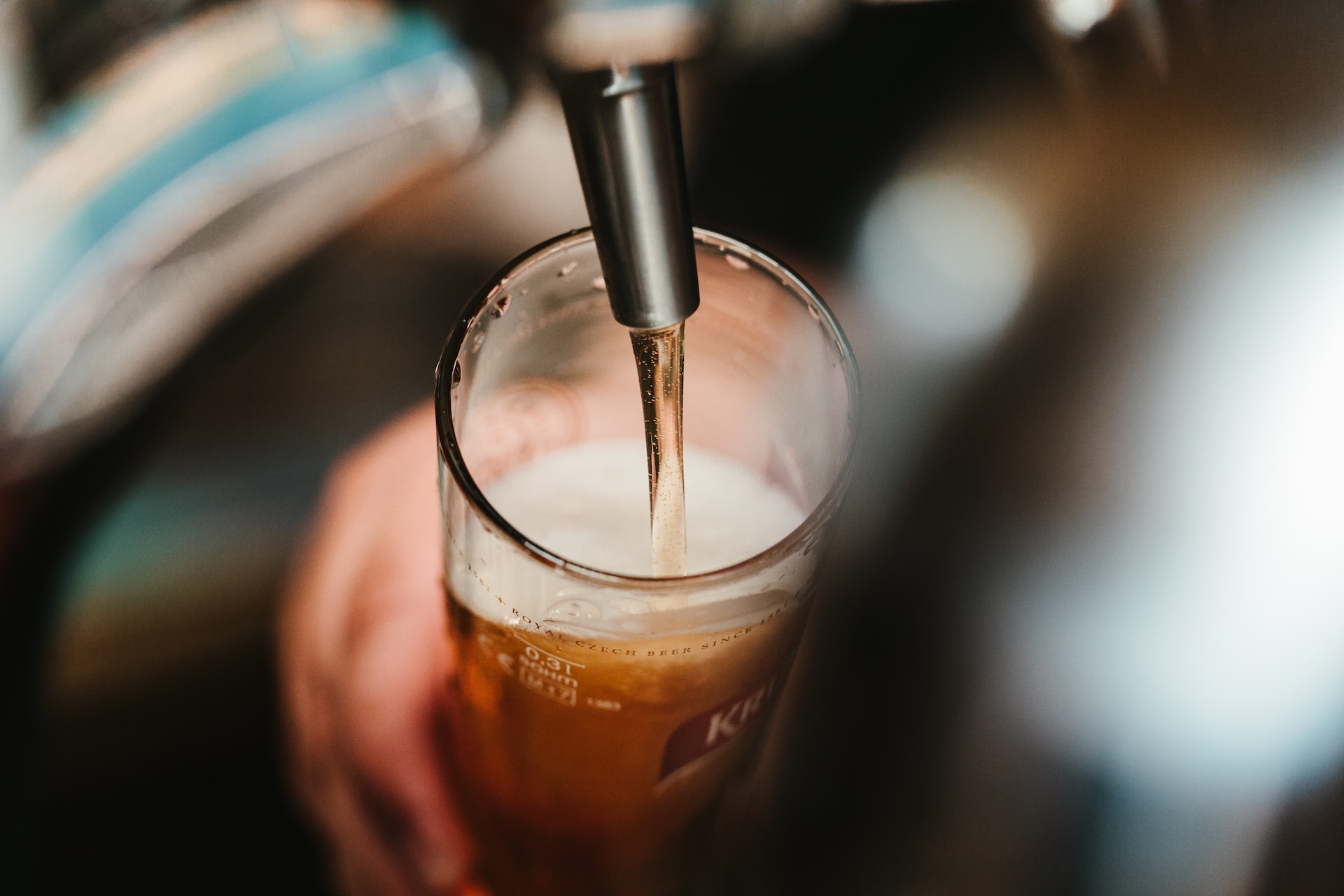¿qué estás buscando?

FNE filed a claim against CCU and requested a fine of US$ 6 million for breach of settlement signed in 2008 to protect competition in the beer market.

The National Economic Prosecutor’s Office (FNE) submitted a claim before the Chilean Competition Court (TDLC) against Compañía Cervecerías Unidas S.A. (CCU) for breach of the settlement signed in 2008 to protect competition in the beer market.
In the accusation, the Prosecutor’s Office asserted that, at least from 2019 to the present, CCU carried out acts that effectively created sales exclusivities and restricted or hindered the sale and display of third-party beers in commercial establishments that sell this beverage, such as restaurants, bars, and pubs.
This distribution channel is commonly referred to as “on-premise”, “on trade”, or “of immediate consumption”, and within it, CCU holds a market share of approximately 90% of sales measured by volume.
In the claim, the FNE requested the TDLC: (i) to impose a fine of 6,700 Annual Tax Units (UTA) on CCU, equivalent to US$ 6 million; (ii) to order CCU to fully comply with the 2008 settlement; and (iii) to adopt specific remedies to safeguard competition.
The 2008 settlement between the FNE and CCU, approved by the TDLC, included measures consisting in the prohibition to CCU to establish sales exclusivities for on trade establishments, or use advertising exclusivity agreements to prevent, restrict, or hinder the sale of third-party beer.
The investigation that originated the claim began in 2019, where the FNE discovered that even though contracts with commercial establishments stated the freedom to sell any beer brand, in practice, this freedom had been curtailed and limited by CCU’s factual actions.
Thus, for example, the FNE obtained evidence of verbal agreements, demands, or conditions placed on establishments outside of formal contracts, which contradicted the terms of the 2008 settlement, that practically created sales exclusivities or restrictions on the marketing and display of competing beers.
The claim outlines how CCU achieved sales exclusivities for its beers or restricted or hindered the marketing of competing brands, using advertising exclusivity contracts, loan-for-use agreements for goods, and monetary contributions or other benefits to establishments.
Jorge Grunberg, the National Economic Prosecutor, emphasized that the Prosecutor’s Office has been closely monitoring the beer market in recent years, and this claim is added to other actions taken by the FNE in 2008 and 2013, to safeguard competition in this industry, particularly in the immediate consumption channel.
“Anticompetitive practices in the beer commercialization in the immediate consumption channel must end, to make it possible for smaller players to have competitive presence in bars, pubs, restaurants, and similar sales points”, the Prosecutor stated.
He also highlighted that the FNE is actively working on prosecuting infringements to Chile’s Competition Act (Decree Law No. 211). “Noncompliance of a settlement approved by the TDLC is a behavior that we will continue to prosecute, just as we are doing with cartels, abuses, interlocking, and infringements committed within the framework of merger control, because all of them have a negative effect on competition and consumers”, Grunberg added.
Other Measures
In addition to the fine, the FNE requested the TDLC to impose a series of preventive, corrective and prohibitive remedies on CCU, in conjunction with the settlement, to prevent the company from impeding, restricting, or hindering the sale of third-party beers.
Specifically, the FNE requested the TDLC to instruct CCU that contributions or payments made to establishments must be based on objective, general and non-arbitrarily discrimination criteria, preventing these contributions and payments, primarily linked to advertising exclusivity contracts, from impeding, restricting, or hindering the sale of third-party beers.
Likewise, other remedies are proposed to facilitate the entry of smaller competitors into the market over a 5-year period, such as allowing the use of at least 20% of refrigeration equipment provided by CCU to establishments and utilizing at least 20% of the lines of beer dispensing machines or taps that CCU supplies to bars, restaurants and pubs. Within the framework of theses remedies, the establishments are going to be allowed to offer products from other beer suppliers of their choice that hold no more than a 5% market share in the on trade channel.
Finally, it is proposed to the TDLC that the remedies imposed on CCU, as well as those contemplated in the settlement, must be supervised by a monitoring trustee.











